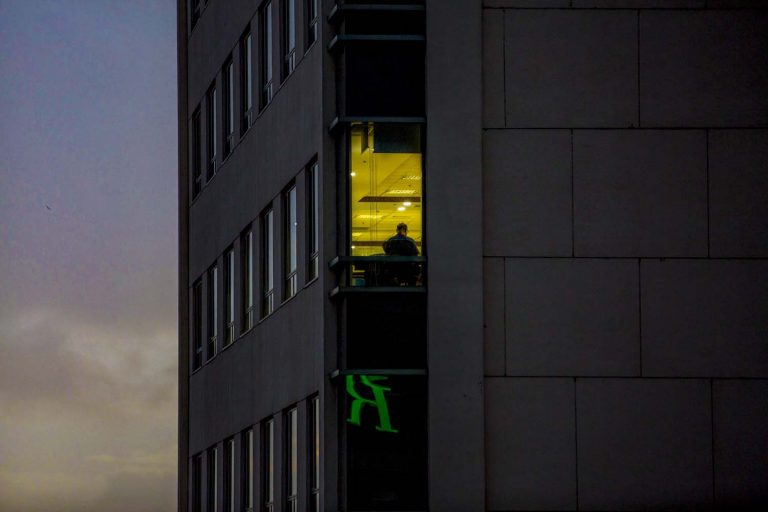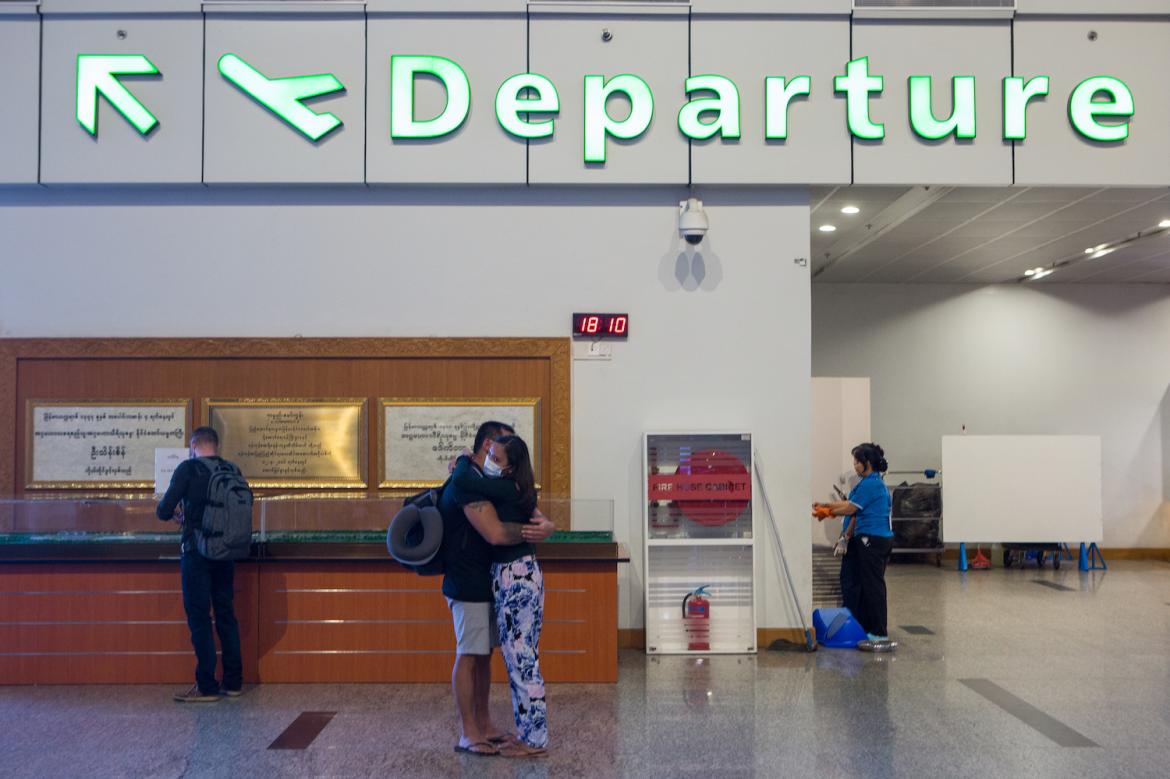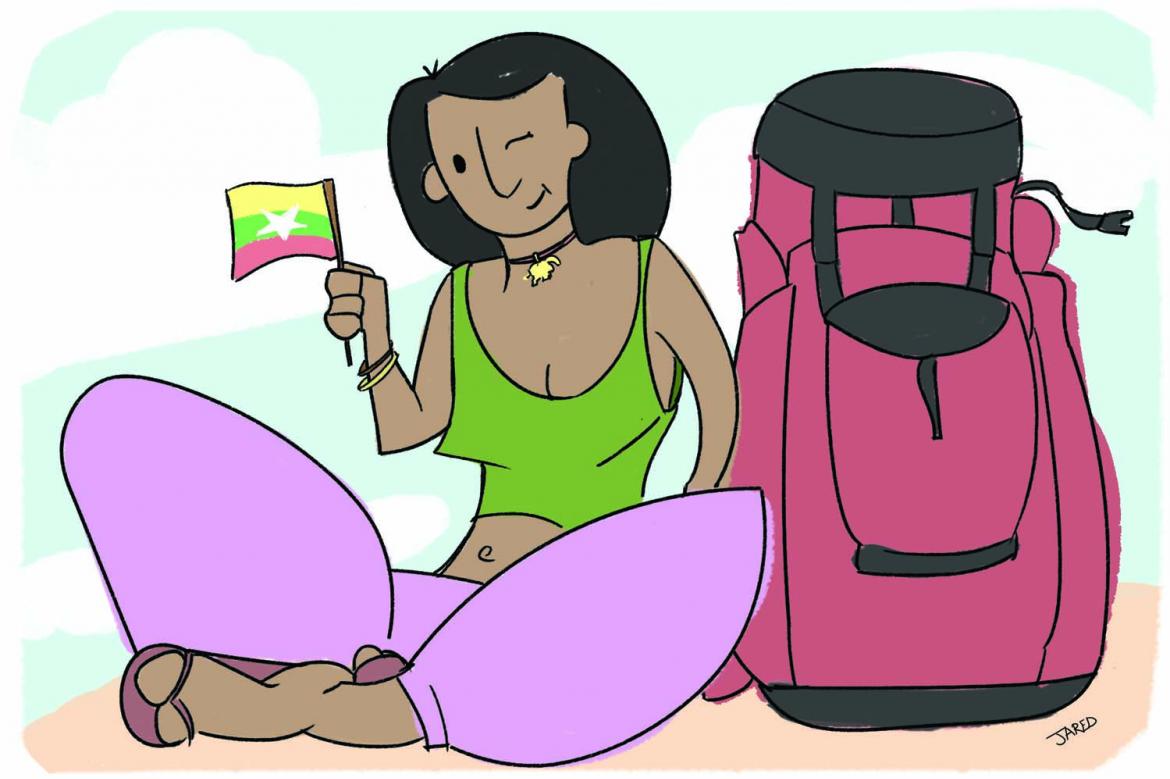For newly-arrived foreigners, the challenges of adjusting to Myanmar can start with negotiating a taxi fare and include staying calm over double-pricing, forking out a year’s rent in advance and water pump management.
By KYAW PHONE KYAW | FRONTIER

Jared Downing / Frontier
EVERY country has its way of interacting with foreigners. Myanmar is no different. Challenges await unsuspecting foreigners in their everyday life in Myanmar, especially the recently arrived.
As a service to our foreign readers and to help make their experience of Myanmar more enjoyable, Frontier has identified some of the challenges they are most likely to encounter.
Premiums on prices
After arriving in Myanmar you are probably going to need a taxi. Taxi drivers at airports are always pleased to have foreign customers; they will assess you quickly and if you don’t speak Burmese will charge you double the normal fare. Or more. You need to be prepared to bargain them down to a reasonable rate. I wish you good luck with that. But one thing to remember: there are lots of taxis.
If you’re here for a short visit you are probably going to need accommodation, unless you’re staying with friends. Many hotels have no qualms about charging foreigners double the price that a Myanmar person would pay.
Support more independent journalism like this. Sign up to be a Frontier member.
If price discrimination isn’t enticing, your options include the inexpensive boutique hotels and guesthouses in downtown Yangon, where, if your budget is really tight, dormitory accommodation is also available. Myanmar people don’t usually stay at the smaller hotels that cater especially to foreigners.
Dual pricing – one price for foreigners and another for citizens –occurs not only in Yangon hotels but also those at popular tourist destinations throughout the country. The best way to avoid paying a premium on your room because you are a foreigner is to have good friends in Myanmar and stay with them for short visits.
For touring the country, buses are recommended for foreigners with time to spare who don’t want to pay a premium for travelling on airlines, which also have dual pricing.
Souvenir shops are also likely to have “special” prices for foreigners. Accept it and everything will be OK.
Accommodation
If you’re planning to spend some time in Myanmar, it’s likely you will need to rent a house or flat.
Bargains are out there, but you need to be careful. And very lucky. Smiling, friendly real estate agents and brokers (admittedly not all) will go to great lengths to help you until they get their commission. You will probably never see them again. Like real estate agents and brokers everywhere, they tend to exaggerate. A “fully-furnished studio” might be a bare concrete room with an air-con, refrigerator and bed. If you have friends in Myanmar, rely on them for house-hunting advice. It can be invaluable.
If you do find a condominium or house that suits your needs perfectly, be prepared for a shock with the cost of the rent. There are cheaper alternatives but whatever you choose brace yourself for another shock when you make a final decision. That’s because its normal practice in Myanmar to have to pay at least six month’s rent in advance, though it’s more likely to be a year up-front.
Apart from dealing with sky-high rent and big deposits, you are also probably going to have to develop skills in pump management to ensure an uninterrupted water supply. It can be difficult at first but you will get used to it. You’ll probably have no choice.
Demand for water during the day means the best time to do the pumping is at night. Problems can arise but there’s no need to panic when the pump breaks down, or the tank overflows and floods the lower levels of the building, providing unexpected opportunities to meet the neighbours at unusual hours. They might be a bit agitated at first, but after they calm down they will be happy to give you the number of a reliable plumber.
Don’t drink the tap water. The pipes are nearly 100 years old and the water in them is not potable.
Changing money
Changing money can be one of the most frustrating experiences you are likely to have in Myanmar. It’s an important test for foreigners who like to think they are culturally sensitive. Weird rules apply at money changing counters and banks.
If your US dollar notes are not pristine, if they are torn a little bit, have a scribble on them, or are stained or creased or old, be prepared for them to be rejected, or at least changed at a heavily discounted rate. Be prepared for big variations in the exchange rates for US$100 bills and smaller denominations.
Use banks or exchange counters to change money. Avoid the freelance money changers who lurk around Bogyoke Aung San Market and the Sule Pagoda, some of whom profit from impressive sleight-of-hand tricks that a magician would applaud.
It’s useful to have a reserve of cash, especially if you’re planning to travel to remote areas where credit cards are unlikely to be acd far between. It is also useful to know that not all credit cards are accepted at ATMs in Yangon and other big cities.
These are just some of the challenges you are likely to encounter as you settle in to life in our Golden Land. There will be many others — including suppressing road rage, for a start — but if you keep an open mind and a smile on your face you can look forward to a rich and rewarding stay in Myanmar. Please make use of the groups that offer friendship and support for expatriates. You can find them on the internet or Facebook and they provide helpful advice.
Enjoy your stay in Myanmar.







